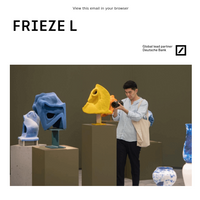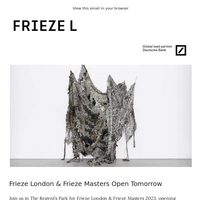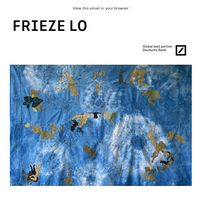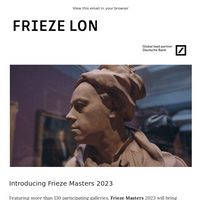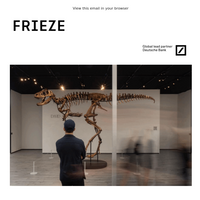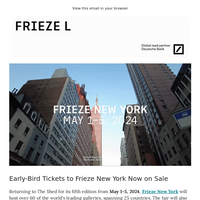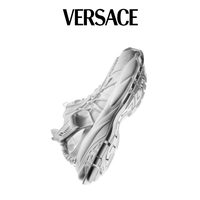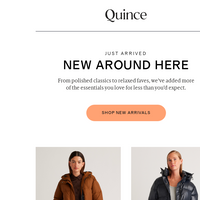|
Hello,
A year ago, OpenAI released ChatGPT – you’ve probably used it, and you’ve more than likely read about how artificial intelligence has the potential to improve your life, destroy the world or, in a very 21st century way, do both at the same time. At the heart of the November/December issue of frieze – now on newsstands – sits a conversation between artists, writers and curators that assesses how we have absorbed the shocks of this technology and devised new ways of using it to advance longstanding questions about authorship and human creativity. Whether the machine-led apocalypse is nigh or still in the long grass (at the base of a seawall in a flood zone) remains to be seen. Either way, AI has already begun permanently to alter our perceptions of originality and caused us to question whether an artwork needs to be produced by a human hand for it to be any good.
This conversation is part of a larger stocktaking as we wrap up the year – from recent events to older artworks that hold important lessons for today: in a long essay, Simon Wu reviews the year in Asian American media; Robyn Brentano revisits her time working for theatre director Robert Wilson, on the 50th anniversary of the premiere of his 12-hour opera, The Life and Times of Joseph Stalin; and Hajra Waheed returns to her groundbreaking Hum (2020), a sound piece composed of protest songs. Our columns are devoted to reassessments, from Brian Dillon on Catherine Millet to Paul Chan on Jeff Koons to Orit Gat on post-internet art. And Wilson Tarbox profiles Ali Cherri, our cover artist, whose new exhibitions at the Swiss Institute in New York and the Galleria d’Arte Moderna e Contemporanea in Bergamo delve deep into collective memories and the ancient ecologies that continue to stir present imaginations. At a time when humanity’s future seems unclear, Cherri’s work reminds us that it was never very certain to begin with.
Best,
Andrew Durbin
Editor-in-Chief, frieze
|




